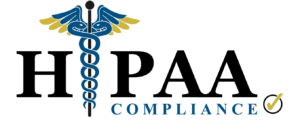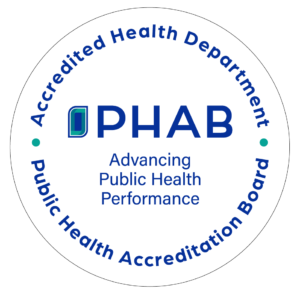Hi, my name is Christopher Grapes, a person in recovery from addiction. Before the age of 20, I had been to two detox facilities and a 30-day rehab. Being so young in recovery, I did not trust my own decision-making process and had to find a new way to live. The program of Narcotics Anonymous was where recovery became a way of life for me, and that program laid a sturdy foundation for recovery. Early on coming out of my 30-day rehab, I enlisted in the military and was set to leave 8-9 months later for basic training. I feel I took advantage of the time I had with the program, but being away from it for an extended time, I drifted further from recovery principles and relapse was inevitable. Sometimes progress requires regression, and I took more than a few steps back over the years, but that’s some of the more crucial parts of my story and I wouldn’t trade it for nothing.
A big chunk of my story involves maintenance medication, Suboxone. I was first introduced to it at 19yrs old coming out of my first detox, initially not a very good experience. The doctor was not equipped to have compassion and empathy for the people he was serving, which kept me from ever going back to a medical professional for maintenance again. The times that I put myself back on maintenance was without a doctor or clinic supervision, luckily, I was able to attain what was needed rather easily due to proximity. Some would categorize this as enabling, I see it as a form of harm reduction in my story. I didn’t have to put myself in a volatile situation in order to attain what I needed, and I’m appreciative for that. Having spent 8+ years on maintenance, things could have been very different for me if certain things were not accessible. The extended time I spent on maintenance was beyond necessary, all those years gave me the time I needed to heal my emotional and spiritual wounds. Some of those things took years to process, and the medication held me up when I couldn’t hold myself up. It allowed me the opportunity to deal with my turmoil, and prepare myself for who I was meant to be.
Most of the years I spent on maintenance, I always felt like I had to hide it, even from the people closest to me. I did not feel I could be honest with the military, due to stigma, possibility of separation, etc. So, I felt forced to hide it and put that mask on, constantly feeling the pressure of that weight. There were consequences in operating that way, although I feel lucky because my experience in the military was great, and I made it out on good terms. Fast forward to last year, I was finally able to detox off maintenance at home, a lot of things lined up for me to do so. There were many years where I talked about wanting to come off but was not doing the work on myself to prepare for that process. I had to change the way I think and feel about a lot of things. I stayed away from recovery programs while on maintenance because of the ways in which people feel about it. Recovery is what they think it is, and not what you make it. But for me, I’m in recovery when I say I am, and I wasn’t always, still trying to get better at participating. But at the end of the day, my recovery is what I say it is, not what someone else thinks it should be. Which is a big reason I feel blessed to be employed with Voices of Hope. I can’t deny that something brought me here, and I feel like I have to honor that. Giving back is a part of recovery, and I aim to create spaces for people in recovery all across the spectrum, inclusive and open minded enough to let people recover, whichever way they choose to do so. Now being appointed the Harford County Lead for Voices of Hope, I look forward to being a part of our growth into Harford County, and beyond.


